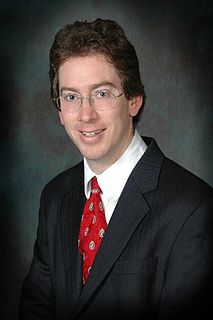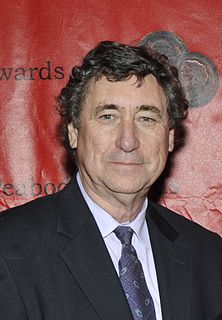A Quote by Hilary Mason
The core advantage of data is that it tells you something about the world that you didn't know before.
Related Quotes
We get more data about people than any other data company gets about people, about anything - and it's not even close. We're looking at what you know, what you don't know, how you learn best. The big difference between us and other big data companies is that we're not ever marketing your data to a third party for any reason.
There are six senses: five are outer; they tell you about the world. I say something about the light; without eyes you will not know light. Ears say something about the sound; without ears you will not know anything about the sound. There is a sixth sense, the inner sense, that shows and tells you something about yourself and the ultimate source of things. That sense has to be discovered. Meditation is nothing but the discovery of the inner sense.
Zhuangzi is especially insightful about the human pretension to know. The Zhuangzi tells a story about a frog who lives in caved-in well. Because he is the lord of this little world of his, king of the pollywogs, he is very proud of himself. But he doesn't know how small his world is until a turtle comes and tells him about the vastness of the sea. We human beings are like the frog, not realizing how little our worlds are.
There is so much information that our ability to focus on any piece of it is interrupted by other information, so that we bathe in information but hardly absorb or analyse it. Data are interrupted by other data before we've thought about the first round, and contemplating three streams of data at once may be a way to think about none of them.
At certain junctures in the course of existence, unique moments occur when everyone and everything, even the most distant stars, combine to bring about something that could not have happened before and will never happen again. Few people know how to take advantage of these critical moments, unfortunately, and they often pass unnoticed. When someone does recognize them, however, great things happen in the world.




































